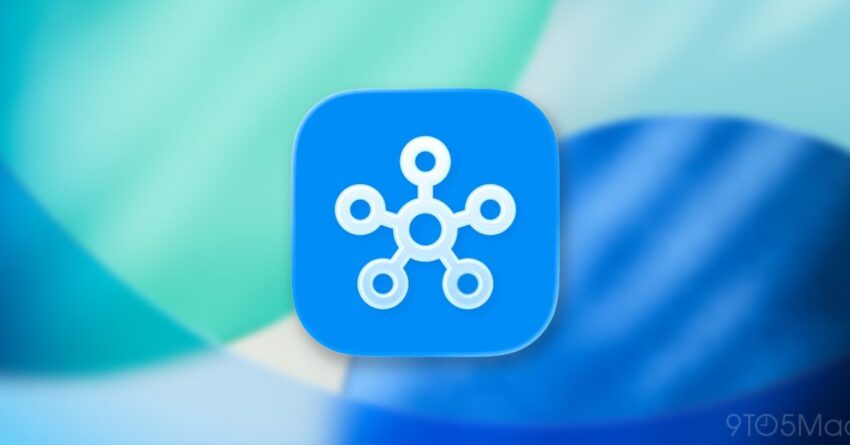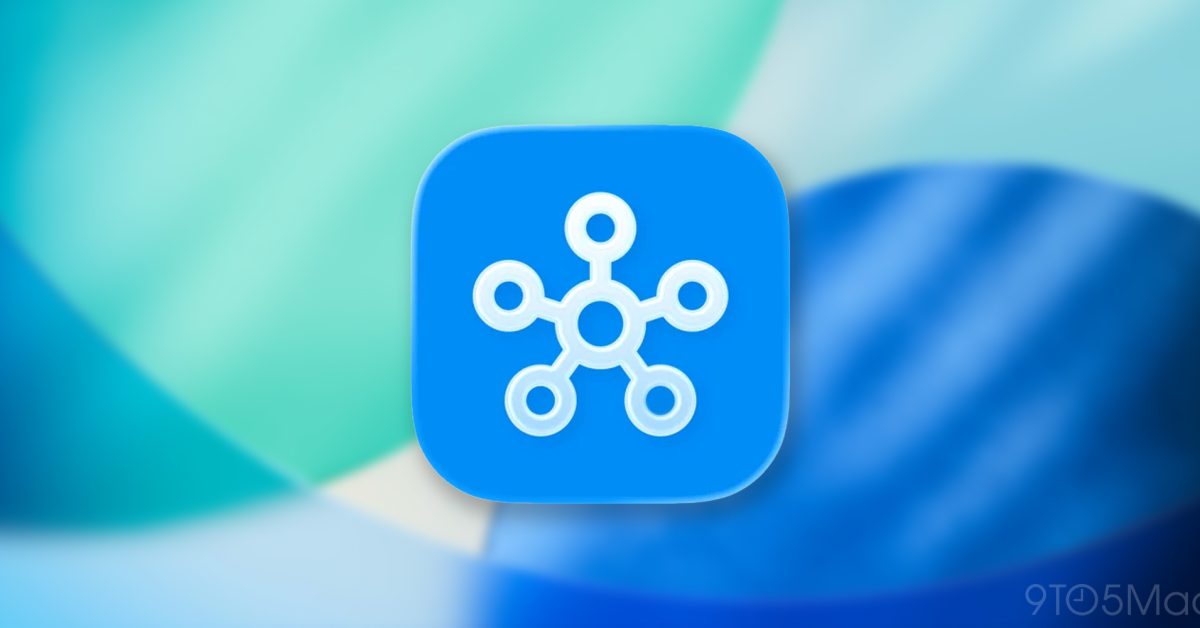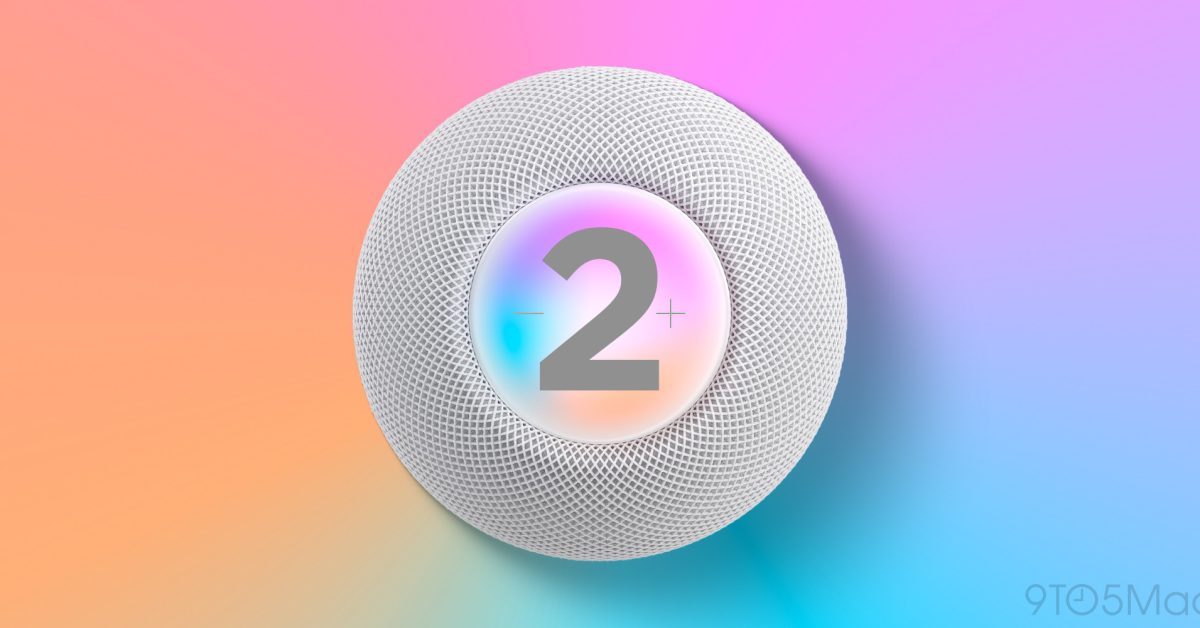
you can now ask siri to run Samsung has introduced a significant update that allows users to control their SmartThings routines through Siri, enhancing interoperability between different operating systems.
you can now ask siri to run
Overview of the Update
On November 10, 2025, Samsung made a noteworthy announcement aimed at improving the user experience for households that utilize a mix of operating systems. The update enables users to seamlessly integrate Apple’s Siri with Samsung’s SmartThings platform. This integration is particularly beneficial for users who own devices from both ecosystems, allowing them to manage their smart home routines more effectively.
What is SmartThings?
SmartThings is Samsung’s comprehensive smart home platform that allows users to control a wide range of connected devices, including lights, thermostats, cameras, and more. Launched in 2012, SmartThings has evolved to support a multitude of third-party devices, making it a versatile choice for smart home enthusiasts. The platform allows users to create routines that automate various tasks, such as turning off lights when leaving home or adjusting the thermostat based on the time of day.
The Role of Siri in Smart Home Management
Siri, Apple’s voice-activated assistant, has been a staple in the Apple ecosystem since its introduction in 2011. It allows users to perform a variety of tasks using voice commands, from sending messages to controlling smart home devices. However, until now, Siri’s compatibility with non-Apple smart home systems has been limited. The new update bridges this gap, enabling users to command Siri to execute SmartThings routines, thereby enhancing the overall smart home experience.
Key Features of the Update
This update brings several key features that are expected to improve user interaction with smart home devices:
- Voice Command Integration: Users can now issue voice commands to Siri to activate their SmartThings routines. For example, saying “Hey Siri, turn on my evening routine” will trigger a series of actions defined in the SmartThings app.
- Cross-Platform Compatibility: The integration allows for a more cohesive experience for users who own devices from both Samsung and Apple. This is particularly important for households where family members may prefer different ecosystems.
- Enhanced Automation: With Siri’s ability to interact with SmartThings, users can create more complex automation scenarios that leverage both platforms. This could include triggering SmartThings devices based on Siri commands or vice versa.
Implications for Users
The integration of Siri with SmartThings is likely to have several implications for users:
Improved User Experience
For many users, the ability to control their smart home devices through Siri simplifies the management of their home environment. This is especially true for those who may not be familiar with the SmartThings app or prefer using voice commands for convenience. The update effectively reduces the friction associated with managing multiple ecosystems.
Increased Adoption of Smart Home Technology
As smart home technology becomes increasingly prevalent, the ability to use a single voice assistant to control various devices may encourage more users to adopt smart home solutions. This could lead to a broader acceptance of Samsung’s SmartThings platform, particularly among Apple users who may have previously hesitated to invest in a non-Apple ecosystem.
Potential Challenges
While the update presents numerous benefits, it is not without potential challenges. Users may encounter issues related to connectivity, compatibility, or performance, especially if they have a diverse range of devices from different manufacturers. Additionally, the reliance on voice commands may not suit all users, particularly those who prefer traditional app-based control.
Stakeholder Reactions
The announcement has garnered attention from various stakeholders, including industry analysts, tech enthusiasts, and users. Many have expressed optimism about the potential for improved interoperability between ecosystems.
Industry Analysts
Industry analysts have noted that this move aligns with a broader trend toward greater interoperability in the smart home market. As consumers increasingly demand seamless experiences across devices, companies like Samsung and Apple are responding by breaking down barriers between their ecosystems. This could lead to more collaborative efforts in the future, as companies recognize the benefits of working together to enhance user experiences.
Consumer Feedback
Initial consumer feedback has been largely positive, with many users expressing excitement about the new capabilities. Users have highlighted the convenience of being able to control their SmartThings devices through Siri, particularly for those who are already entrenched in the Apple ecosystem. However, some users have raised concerns about potential limitations in functionality, such as the range of commands that Siri can execute compared to the SmartThings app.
Future Developments
Looking ahead, the integration of Siri with SmartThings may pave the way for further developments in smart home technology. Samsung has indicated that it is committed to enhancing the SmartThings platform and expanding its compatibility with other services. This could include additional voice assistants, smart home devices, and even integration with other smart home ecosystems.
Potential for Broader Ecosystem Integration
As the smart home landscape continues to evolve, the integration of multiple voice assistants and platforms may become more common. This could lead to a future where users can choose their preferred voice assistant while still enjoying the benefits of various smart home ecosystems. Such developments would likely enhance user satisfaction and encourage further investment in smart home technology.
Continued Innovation in Smart Home Technology
Samsung’s update is a reminder of the rapid pace of innovation in the smart home sector. As technology advances, companies will need to remain agile and responsive to consumer demands. This may involve not only enhancing existing products but also exploring new technologies, such as artificial intelligence and machine learning, to create smarter, more intuitive home environments.
Conclusion
The recent update allowing Siri to control Samsung SmartThings routines marks a significant step forward in the quest for interoperability in the smart home market. By bridging the gap between two major ecosystems, Samsung is not only enhancing the user experience but also setting the stage for future innovations in smart home technology. As consumers increasingly seek seamless experiences across devices, this integration could lead to greater adoption of smart home solutions and a more connected future.
Source: Original report
Was this helpful?
Last Modified: November 11, 2025 at 9:35 am
2 views















